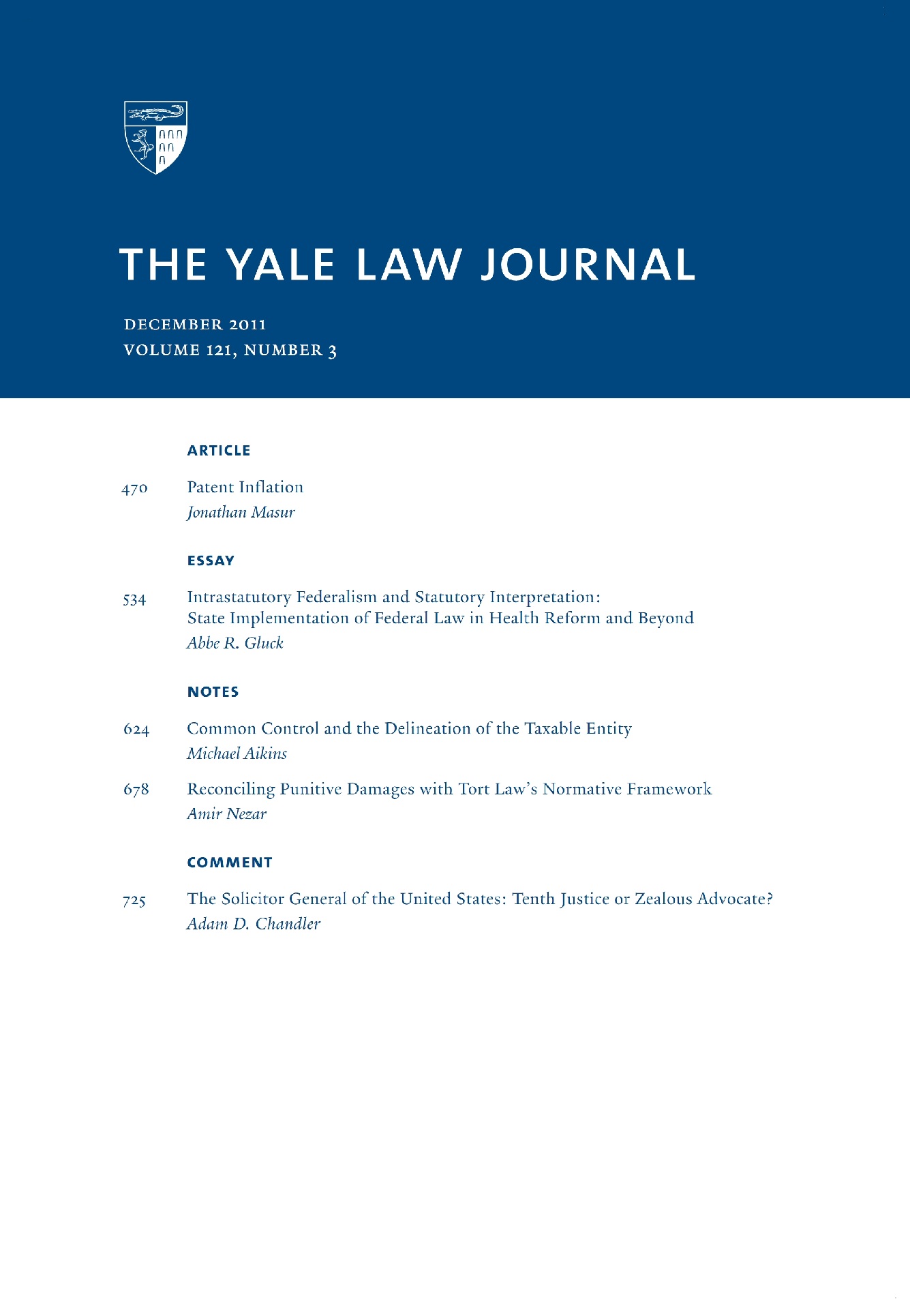Maids and Caregivers in Saudi Arabia & UAE: Antoinette Vlieger explores their conflicts, the available norms and law, and petropolitics
Part of the Human Rights & Culture Series, Antoinette Vlieger’s Domestic Workers in Saudi Arabia and the Emirates brings home, through frank interviews, the dilemmas at issue when migrant maids and caregivers make their homes in oil-rich countries. Page 1 opens with a jarring turn: “Filipina domestic worker, employed in Riyadh: ‘Really they are good to me. If I say I need rest, they give me rest.’ [And if they were not so good to you, if you would have some problem with your employer, where would you go?] ‘Madam, I cannot go anywhere, I am not allowed to go outside. I cannot go to the embassy. I will just cry in my room and pray.’ ” This book explores the situation faced by the employee far from home, having signed a contract written in a foreign language, her passport held by her employer, and with limited power to be a witness in court.
Domestic Workers in Saudi Arabia and the Emirates is a new socio-legal study of pressing questions of human rights and trafficking, contractual ‘consent,’ transnational markets, and social policy:
• Which factors influence the emergence and character of conflicts in the Kingdom of Saudi Arabia and the United Arab Emirates  between domestic workers and their employers, the social and legal norms both parties refer to, and the related imbalance of power?
between domestic workers and their employers, the social and legal norms both parties refer to, and the related imbalance of power?
• In what way and to what extent do domestic workers and their employers refer to Islamic, customary, contractual, and formal legal norms?
• Do conflicts concern disagreement over norms or disputes regarding behavior contrary to the norms upon which both parties agree?
• Which factors influence the norms to which both parties in conflicts refer?
• Which party is able to enforce its own norms or to act contrary to norms on which both parties agree and which factors influences the balance of power?
Using a grounded-theory methodology involving extensive field research and revealing interviews of workers, employers, employment agencies, human rights organizations, and governmental officials, Vlieger exposes the conflicts of the people and institutions involved. Finally, she proposes pragmatic solutions to address the most excessive vulnerabilities and imbalances. This is a candid introduction to another world, supported with scholarly research–but accessible and interesting to the general reader, as well as to academics, journalists, and human rights activists.
Available in paperback: See it at Amazon.com; at the QP eStore (shipped and fulfilled securely by Amazon); and at B&N, BooksAMillion, and other retailers. Also may be ordered from YBP Library Services and the Ingram catalog.
Available in library-quality hardcover: from Amazon.com, Barnes & Noble, BooksAMillion, Ingram, Dawson Books, StudyStore Netherlands, and YBP Library Services.
And in eBook editions:
Amazon for Kindle.
Barnes & Noble for Nook.
At Apple iBooks and iTunes bookstores (or on iPad/iPhone via Kindle app).
Also at Google Play and at Google Books.
And in ePUB at Smashwords. Look for it, too, at Diesel e-books, and Kobobooks.
. . .
About the Author
Antoinette Vlieger teaches law at the University of Amsterdam and earned her Ph.D. in 2011 from the university’s law facu lty. She also holds degrees in international law, Dutch law, cultural anthropology, and sociology of the non-Western world. She has practiced corporate law, and previously interned at The Hague and the United Nations.
lty. She also holds degrees in international law, Dutch law, cultural anthropology, and sociology of the non-Western world. She has practiced corporate law, and previously interned at The Hague and the United Nations.
See her extensive personal interview at Human Rights Blog. She tells the fascinating tale of how her research into this field began, how many years it took, and the lengths she took in order to access and interview the relevant parties. She explains the frame of human trafficking that she eventually decided to use. And, since then, Dr. Vlieger was interviewed by VOA here.
Cataloging:
ISBN 978-1-61027-130-1 (hardcover)
ISBN 978-1-61027-128-8 (paperback)
ISBN 978-1-61027-129-5 (eBook)
ASIN B007Q2MEB8 (Kindle)



